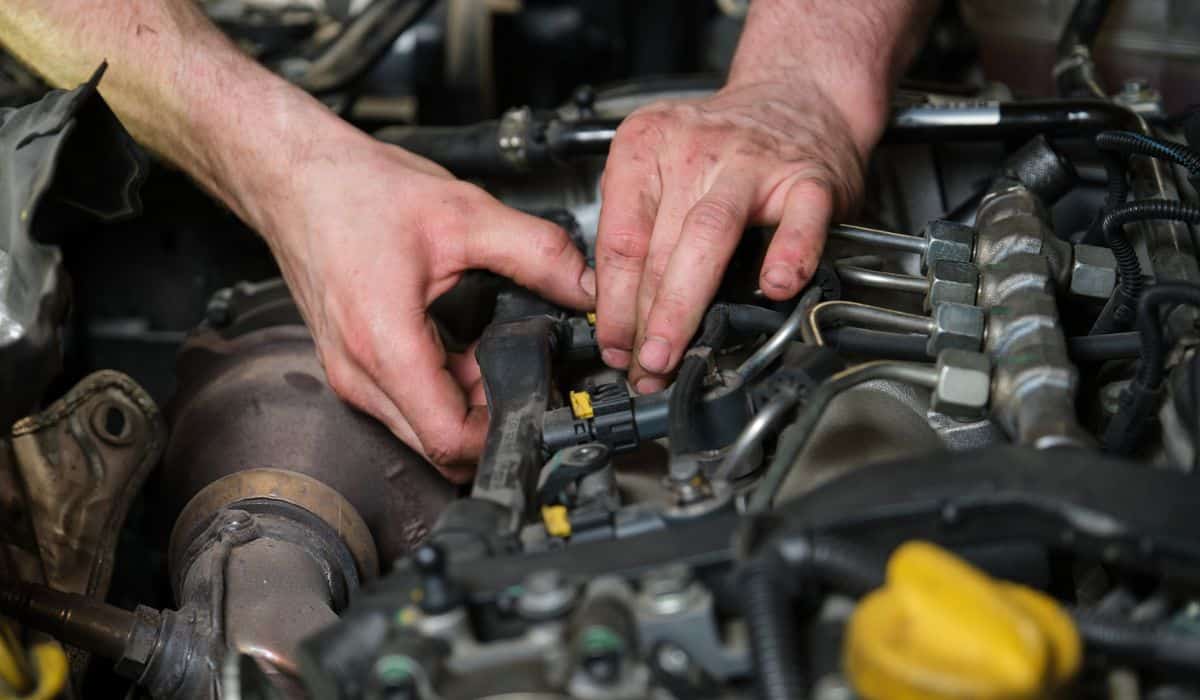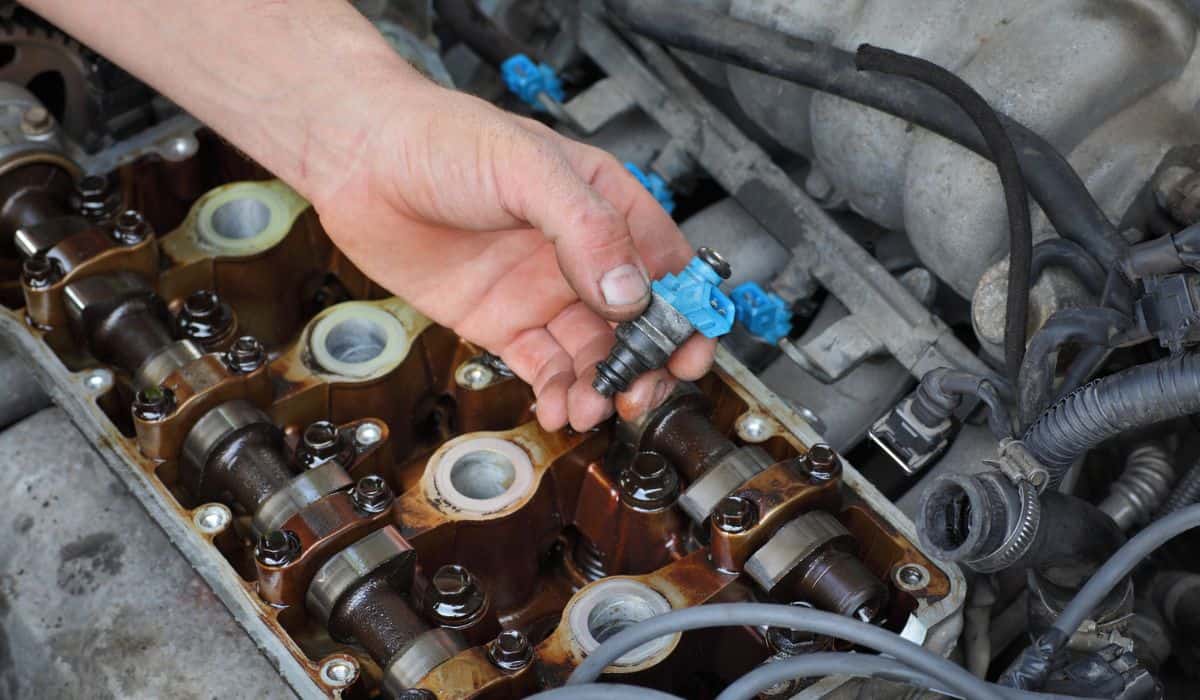Can You Use Dielectric Grease On Fuel Injectors? Ultimate Guide
Drivers don’t always agree on the best type of lubricant to use for fuel injectors and O-rings. Many claim one type is the only way to go, while others swear by very different solutions.
So, what’s the truth of the matter? Should you use dielectric grease on fuel injectors? Let’s sort out all these questions and much more.
Using 100% silicone dielectric grease on fuel injectors for their O-rings seals is generally safe. One risk is that the silicone residue will damage the O2 sensor and engine, but there may not be enough residue to have an impact.
Follow your manufacturer’s instructions for the most accurate information.
Not sure of what kind of grease do you use on fuel injectors? Don’t worry; we’ll take a look at everything you need to know to make the right choice for your vehicle.
Can You Use Dielectric Grease on Fuel Injectors?

Dielectric grease, or tune-up grease, is a popular automotive lubricant that isn’t considered mandatory like oil or coolant. It’s typically used on spark plug boots and battery terminals because its non-conductive and waterproof nature protects electrical connections.
Using dielectric grease to fuel injector O-rings is generally okay during installation. However, how you use it will depend in part on the manufacturer’s guidelines, the vehicle, and personal preference.
Which Lubricants Are Safe to Use on Fuel Injectors?
Lubrication for fuel injector O-rings is as crucial as a vehicle’s brakes, transmission, and engine. The lubricant protects the components from premature wear and tear, leaks, damage, and grating. It also increases the components’ longevity and the parts’ efficiency.
Many car owners claim it’s best to use 100% silicone dielectric grease products — like this one from OAIEGSD (on Amazon) — for fuel injector O-rings and seals.
Several manufacturers use silicone lubricants for O-rings and development processes. Silicone lubricants may be approved for production, processing, product packaging, and transportation tools.
That said, it’s best to follow your manufacturer’s guidelines when lubricating fuel injector O-rings. Some instruction manuals recommend “light grade oil” or various lubrication solutions.
Which Lubricants Shouldn’t Be Used on Fuel Injectors?

When it comes to fuel injector O-rings and cleaning, you may see unresolved discussions regarding what type of lubrication to use. So, where should you not use dielectric grease?
Some vehicle owners claim you should use oil, vaseline, dish soap, silicone grease, and other types of lubricants. So, which products should you definitely avoid?
Unfortunately, there isn’t a definitive answer to this question, and it’s best to follow your manufacturer’s instructions for the most accurate information. Just as there are many questions around dielectric grease on fuel injectors, there are other myths.
Here’s a quick breakdown of some of the common claims you’ll see regarding different lubricants:
- 100% Silicone Lubricant: 100% Silicone lubricant is typically approved for fuel injector O-rings and cleaning. Some owners claim that the silicone residue can damage the engine or O2 sensor, while others claim there isn’t enough residue to have an impact.
- Motor Oil: Many vehicle manuals recommend using motor oil to lubricate the fuel injector O-rings. This is a standard solution, but some sources claim the motor oil will crack the O-rings over time.
- Petroleum-Based Lubricant: Many owners recommend staying away from petroleum-based lubricants, as it’s rumored to break down seals over time. This may or may not be accurate, depending on the manufacturer and component material.
- Vaseline: This is more common than you think. But, can you use Vaseline in fuel injector o-rings? Vaseline is a petroleum-based lubricant and may not be advised for fuel injector O-rings. If the O-rings are made from a certain kind of rubber, the vaseline can cause them to break down over time. That said, some O-rings seals are made from neoprene and resistant to petroleum-based products.
- Dish Soap: Dawn Dish Soap is a common DIY solution used for fuel injector O-rings and seals. This may not be advisable, as dish soap can be corrosive to certain parts of the engine and cause components to break down over time.
We found this video on where you should not use dielectric grease, and found it very insightful.
Closing Thoughts On Dielectric Grease On Fuel Injectors
As you can see, you can use several different lubricants, but each option has various factors to consider depending on your vehicle. It’s always best to follow the manufacturer’s guidelines or research your product beforehand.
Alternatively, you can seek professional services to ensure the job is done correctly. Your fuel system is valuable, and using dielectric grease on fuel injectors is only one of the questions.
It’s important to read up on what your car can and cannot handle. This way, you now know what do you put on fuel injector seals, and what not to. Hope this helps!
